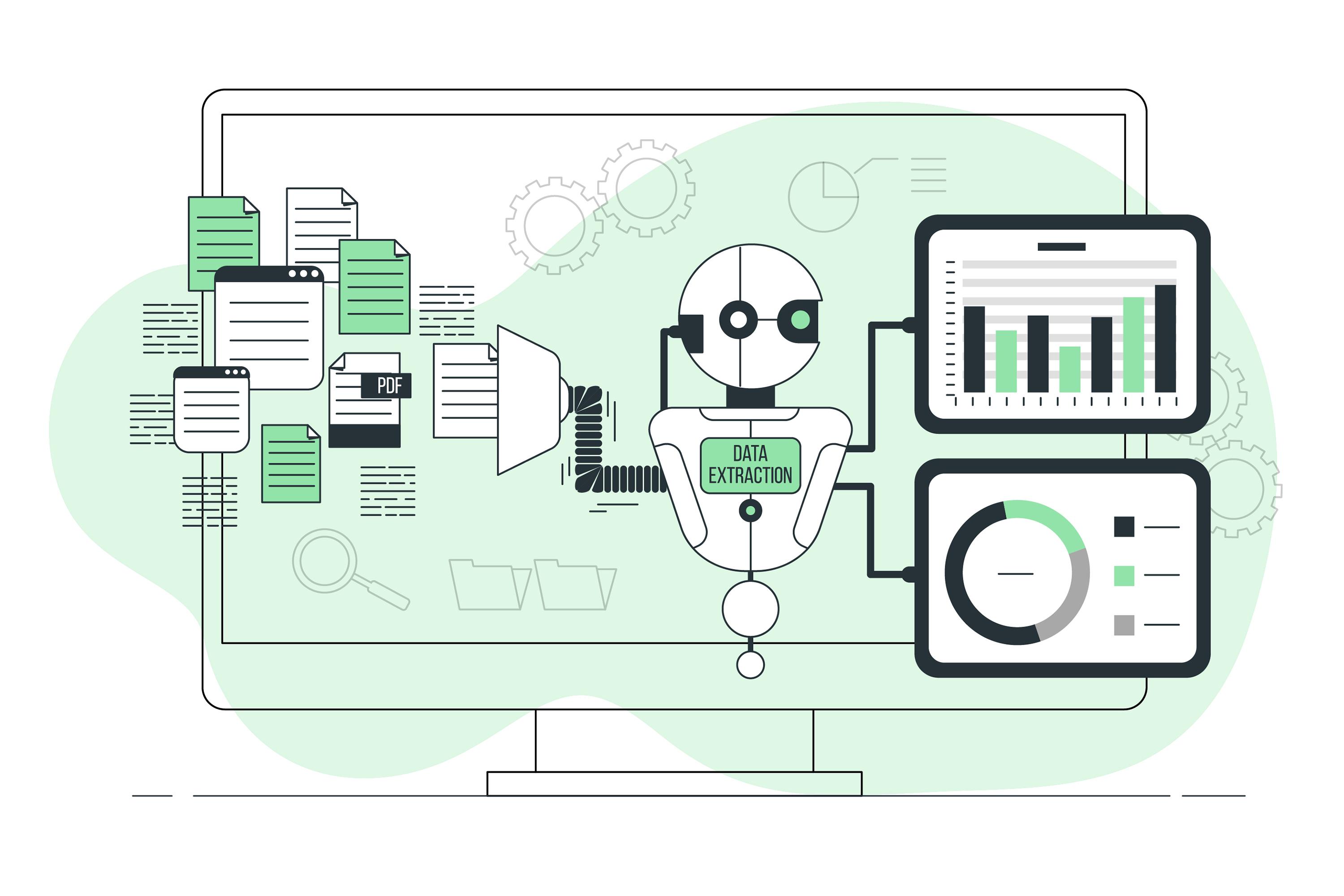How AI Changes Sports Analysis?

The integration of artificial intelligence in sports analysis is significantly transforming the way teams approach performance evaluation and strategic planning. By leveraging advanced algorithms, AI enables the extraction of intricate player metrics and the identification of patterns that were previously overlooked.
This data-driven approach is reshaping the conventional methods of analyzing sports, offering a more comprehensive understanding of athleticism and competition. As AI continues to advance, it is poised to redefine the future of sports analysis by providing teams with valuable insights and strategic advantages based on factual analysis rather than intuition or tradition.
Impact on Player Performance Analysis
AI technology has significantly improved player performance analysis in sports by enabling detailed data analysis and pattern recognition. AI algorithms now track player movements, statistics, and trends to offer valuable insights for enhancing individual and team performance.
Coaches and teams can utilize AI's predictive capabilities to anticipate player performance, identify strengths and weaknesses, and customize training programs accordingly, leading to more strategic approaches. Moreover, AI aids in injury prevention by monitoring factors such as player workload, fatigue levels, and movement patterns to mitigate injury risks.
This proactive approach not only enhances player safety but also ensures optimal performance levels are sustained. Through real-time feedback, personalized training programs, and data-driven insights, AI is transforming player performance analysis, reshaping how athletes train, compete, and progress.
Predictive Analytics in Sports
Predictive analytics, driven by artificial intelligence, offer sports teams a competitive advantage by forecasting game results and player performances based on historical data. This technology allows teams to make informed decisions, optimize their strategies, and improve overall performance.
AI-powered models can predict player injuries, performance fluctuations, and trends in sports competitions by analyzing vast amounts of data. The use of predictive analytics significantly enhances the accuracy of predicting game outcomes and player results. By leveraging these insights, sports organizations can make strategic decisions that optimize player performance.
The application of predictive analytics helps teams stay competitive, seize opportunities, and increase their likelihood of success on the field. In essence, AI-powered predictive analytics transform the way sports teams plan, execute, and achieve success by providing valuable insights into game outcomes and player performances.
Enhancing Fan Engagement With AI
AI's influence on sports analysis goes beyond predictive analytics, impacting fan engagement by offering personalized experiences and interactive content. Through tailored communication and interactive features, AI is reshaping how fans engage with sports content.
Platforms like IBM's AI system at Wimbledon provide customized audio commentary and captions in online highlight videos, catering to individual preferences. LaLiga leverages AI to enhance fan experiences and deliver real-time player performance analysis, fostering a more interactive environment for fans.
AI chatbots, such as Arsenal's Robot Pires, engage fans by providing match updates and player statistics in a dynamic way. This trend towards personalized and interactive fan engagement is reflected in the significant number of U.S. viewers, approximately 57.5 million, who regularly consume digital live sports content.
Revolutionizing Sports Strategy With AI
AI technology is significantly impacting sports strategy by providing in-depth player performance analysis and predictive capabilities. Sports analytics, enhanced by AI, offer teams a competitive advantage by analyzing player statistics, tracking movements, and predicting game outcomes. Coaches can utilize machine learning algorithms to make informed decisions based on data, leading to optimized game strategies and improved player performance. For example, AI models can be trained using data on football team standings (from a resource such as this one - https://tempotips.com/standings), enabling them to predict the strategies opponents may employ based on their position in the league.
Real-time analysis of player data and game footage enables timely adjustments during matches by identifying influential patterns for tactical decisions.
Furthermore, AI contributes to injury prevention strategies and talent scouting, helping teams maintain optimal performance levels. Predictive analytics allow teams to anticipate opponent tactics and game results more accurately, assisting in strategic planning. The integration of AI in sports strategy not only enhances performance but also revolutionizes the approach to game planning and execution, promoting efficiency and effectiveness in achieving success on the field.
Future Trends in Sports Analysis
The integration of virtual reality and augmented reality technologies powered by artificial intelligence is playing a significant role in advancing sports analysis. By utilizing predictive models driven by AI, a more comprehensive evaluation of athlete performance is made possible, leading to a transformation in how teams strategize and train. The increasing sophistication of data analytics tools offers real-time insights into player metrics and game dynamics, facilitating precise performance predictions that give teams a competitive advantage in decision-making and game planning.
Moreover, the incorporation of AI into sports analysis is facilitating the development of personalized training programs that cater to the unique needs and capabilities of individual athletes. Coaches can now leverage AI-driven data analytics to pinpoint areas for improvement, optimize training routines, and monitor progress with greater accuracy.
As AI technology continues to progress, the future trajectory of sports analysis is likely to emphasize leveraging predictive models and data analytics to elevate overall athletic performance and redefine teams' competitive approaches.
Conclusion
To sum up, AI is revolutionizing sports analysis by providing detailed insights into player performance, predictive analytics, and fan engagement.
With advanced algorithms and real-time data, teams and coaches can make informed decisions, optimize training programs, and enhance the overall sports experience for fans.
The future of sports analysis is bright with AI leading the way towards more efficient, personalized, and strategic advancements in the world of sports.
- 2697 reads